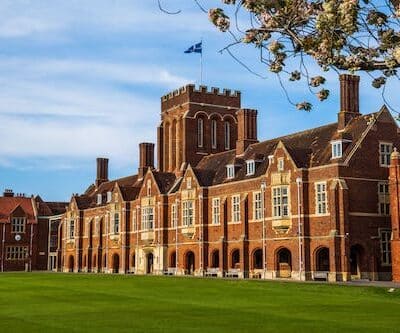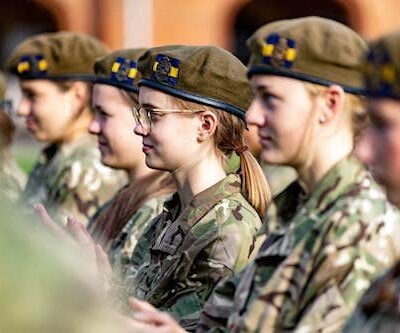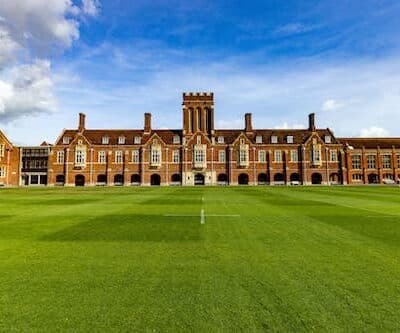Developing critical thinking through the study of fundamental questions and great works
Not all arguments and perspectives can be right, and some opinions must be more valid than others, but how can we know? By studying some of the greatest thinkers, religious and secular, in human history, pupils are encouraged to engage with these questions through debate and personal reflection.
All of this takes place within the framework of nationally respected GCSE and A-level courses, however, the subject’s impact on those who study it extends well beyond these defined academic boundaries. Pupils regularly cite it as their most interesting and challenging subject. Interesting because it touches on some very profound but personally significant issues. Demanding because it requires pupils to articulate what they think is the most persuasive and justifiable view of reality.
Department Overview
At GCSE, pupils study three modules: philosophical and ethical studies in the modern world, in which pupils study such issues including life and death, good and evil, and human rights. In papers two and three, pupils undertake a systematic study of two world religions. The major emphasis in the course is on the evaluation of the reasons people of different religious and secular backgrounds offer to justify their beliefs on numerous ethical, religious and social issues.
Eastbourne College pupils score consistently well in the final GCSE exams.
At A-level, philosophy and religious studies is offered as two distinct courses. Both are intended to allow pupils to think rigorously about fundamental questions of truth and human understanding. Pupils are introduced to the academic study of both philosophy and religious studies. Philosophy consists of two papers covering epistemology, ethics, the metaphysics of God and the philosophy of mind. In religious studies, there is a focus is reasons for religious belief as well as contemporary ethical issues. Optional papers then allow pupils to investigate a range of philosophical and / or theological questions through an exploration of these issues, together with detailed study of some of the texts which have influenced western intellectual heritage.
Pupils are prepared for the study of philosophy and theology at university, or indeed any other subject that requires rigorous thinking and analysis of complex ideas.

“The unexamined life is not worth living.”









